Question And Answer
Publications
Articles, publications, books, tools and multimedia features from the U.S. Institute of Peace provide the latest news, analysis, research findings, practitioner guides and reports, all related to the conflict zones and issues that are at the center of the Institute’s work to prevent and reduce violent conflict.
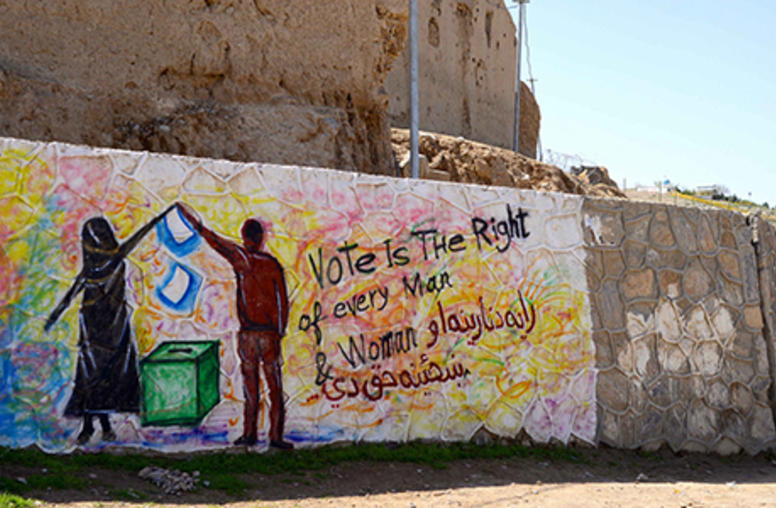
In Afghanistan, No Leadership Means No Elections
The only way for Afghanistan to avert electoral disaster is if the Ghani government and parliament act together to take cohesive and swift action.
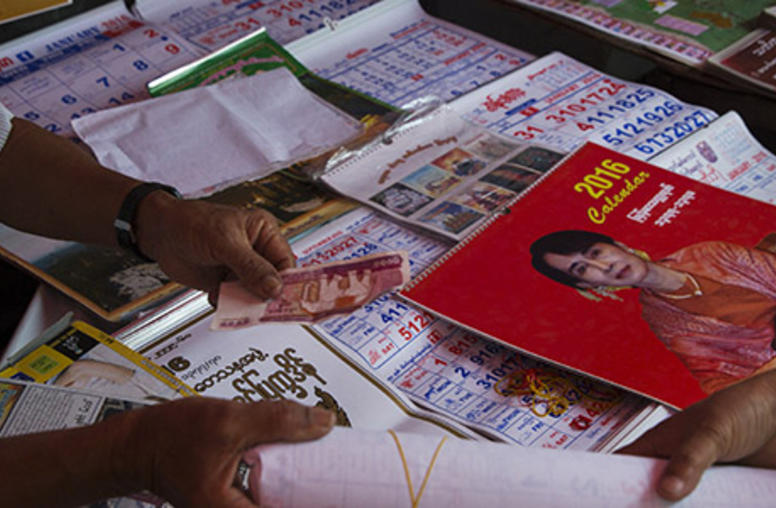
Q&A: Myanmar’s New Parliament with Suu Kyi Party Majority
Myanmar’s transition to representative democracy reaches another milestone on Feb. 1: A new parliament begins work with a majority of its members for the first time belonging to the National League for Democracy (NLD), the party led by Nobel Peace Prize laureate Aung San Suu Kyi. Priscilla Clapp, a former American diplomat in Myanmar and U.S. Institute of Peace specialist on the country, discusses the next steps and the likely effect of the change on Myanmar’s political, economic and societal...
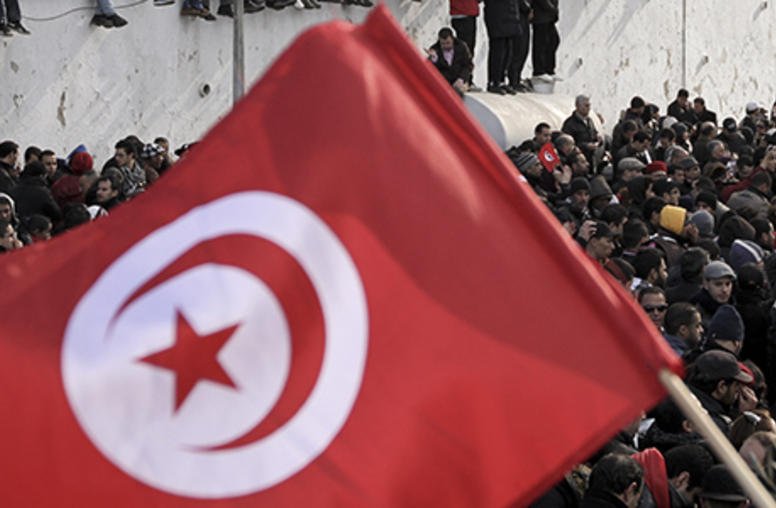
Tunisia’s Revolution: Five Years On, What Lies Ahead
In the wake of the 2011 Arab Spring uprisings, Tunisia stands alone. As other countries in the upheaval have splintered into civil war or returned to dictatorship, Tunisia’s Jasmine Revolution, on its fifth anniversary, remains on a peaceful, democratic path with an elected parliament and coalition government bound by a constitution. At the same time, the specter of a weakening economy, rising violent extremism and an increasingly disillusioned public tugs at the future.
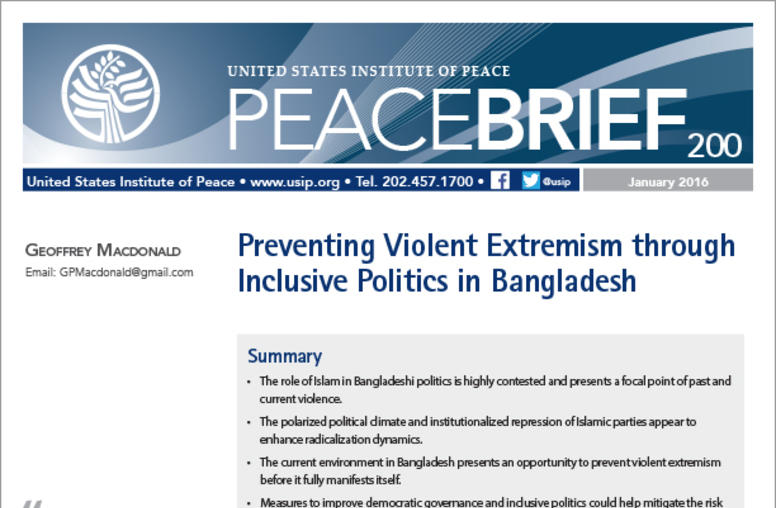
Preventing Violent Extremism through Inclusive Politics in Bangladesh
Bangladesh has a long history of political and electoral violence that has shaped its political culture. Since the early 2000s, it has experienced a renewal of violent extremism and an increasingly polarized political climate. By addressing the relationship between radicalization and institutional dysfunctions, this Peace Brief examines how Bangladesh can help undermine the issues that bolster radicalization efforts by strengthening political and social institutions and making them more inclu...
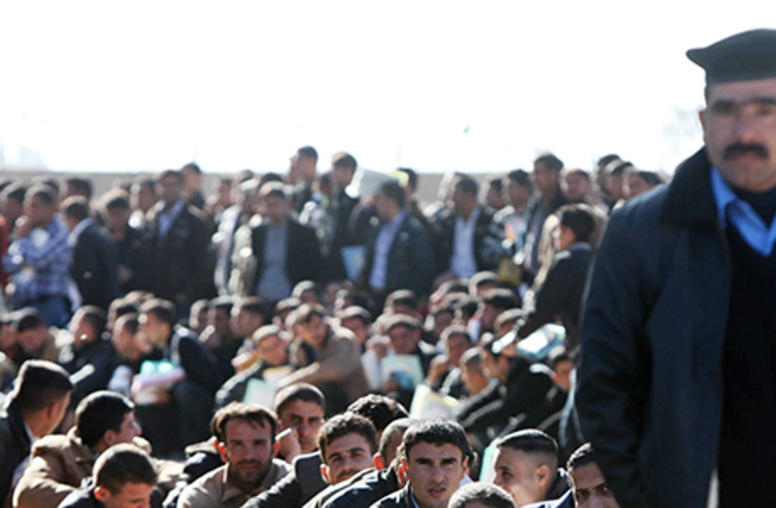
Iraq Research: Sense of Injustice Is Key to Violent Extremism
Three years of public polling in Iraq by Mercy Corps has put hard figures to an often-cited theory about the spread and attraction of violent extremism. More than poverty, joblessness or any other dispute or social ill, it is the perception—or reality—of injustice that fuels support for armed opposition groups.
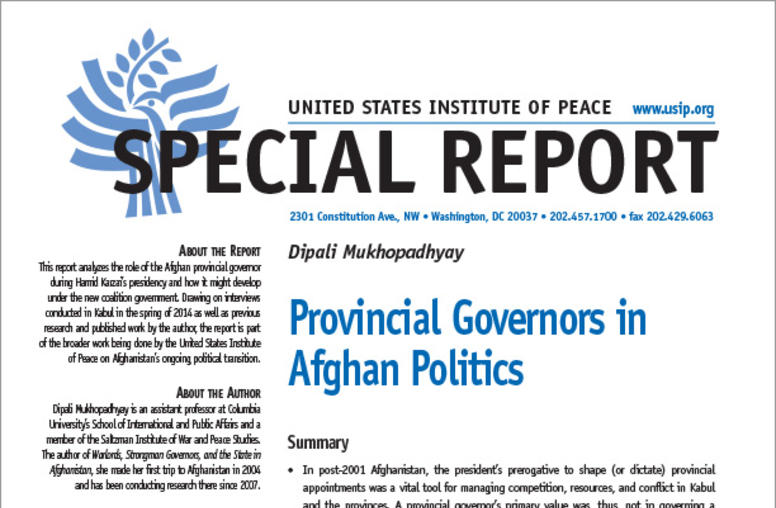
Provincial Governors in Afghan Politics
The presidency of Hamid Karzai was a significant transition for Afghanistan. This report describes subnational politics—specifically, provincial governorships—over the period in general terms, exploring the gaps between assumptions that drove belief in the possibility of a radically new and improved brand of governance and the realities on the ground. The findings aim to inform a more realistic outlook not only on Afghan politics past and future, but also on subsequent foreign-led interventio...
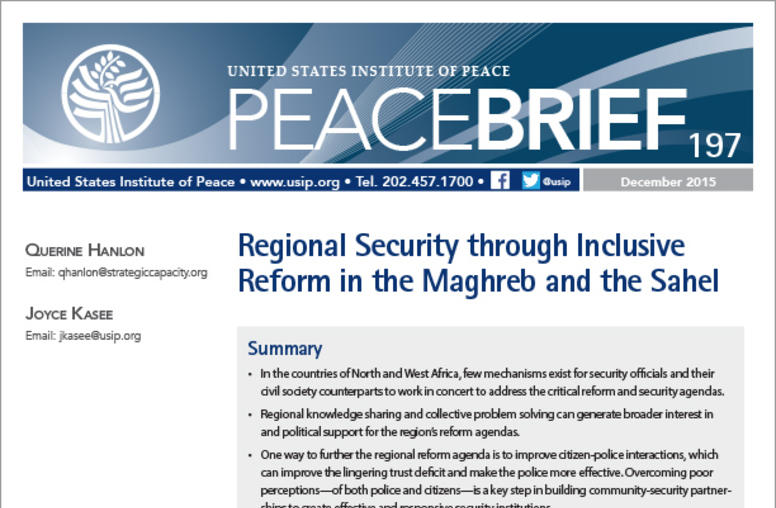
Regional Security through Inclusive Reform in the Maghreb and the Sahel
Throughout the Maghreb and the Sahel, governments are struggling to manage a security environment fundamentally transformed by the Arab Spring. Within this region, the efforts of governments to secure their territories and civil society organizations to create accountable and transparent security institutions have proceeded almost wholly divorced from each other. This Peace Brief shares key insights from the engagement between official and civil society actors both within and across borders t...
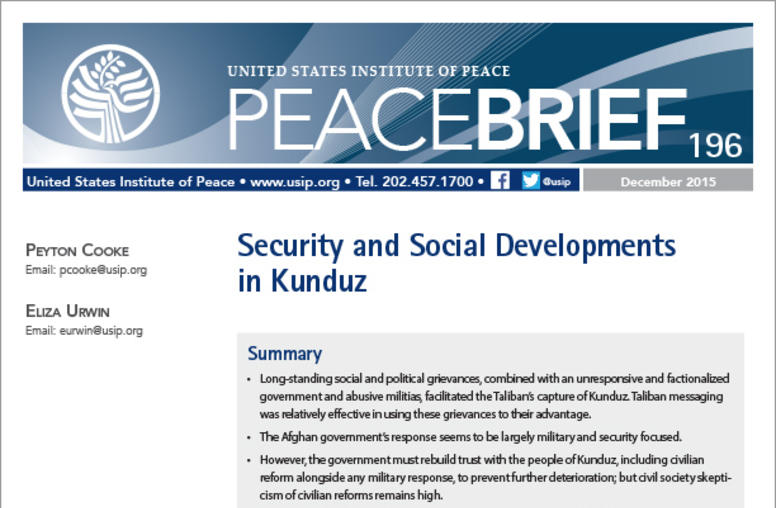
Security and Social Developments in Kunduz
Long-standing social and political grievances, combined with an unresponsive, factionalized government and abusive militias, facilitated the Taliban’s capture of Kunduz in September 2015. The fall of Kunduz raised questions regarding future political and security implications across the northeast region of Afghanistan. This Peace Brief highlights findings from interviews with a range of actors comparing what the government’s political and security response should look like and what it’s expec...
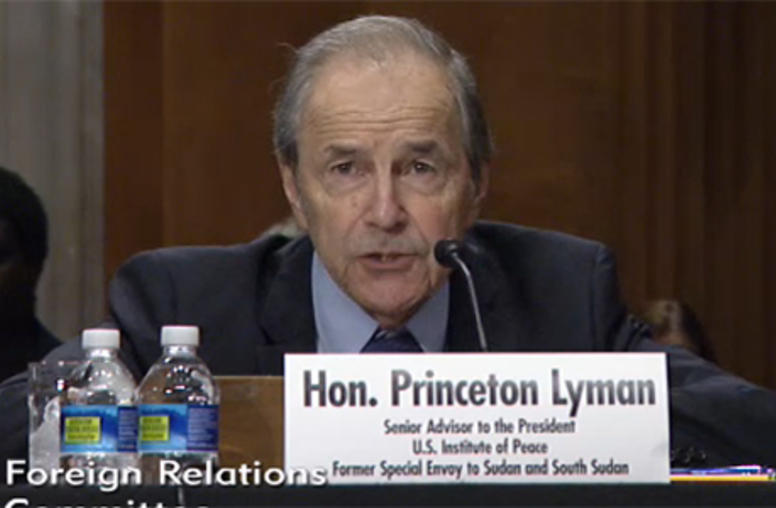
Independent South Sudan: A Failure of Leadership
Princeton N. Lyman, senior advisor to the president at USIP, testimony before the Senate Foreign Relations Committee.
Urgent Imperative: Get Afghanistan’s Government Working
Ten weeks after the Taliban briefly captured Kunduz, Afghanistan’s fifth-largest city, neither the fractured government nor the country’s political class is showing signs of heeding that wake-up call—or the other flashing warnings that the 14-month-old government is close to failure. While the United States quickly announced the reversal of its planned withdrawal of forces from the country, the factions in Kabul must figure out how to cooperate in governing, and Washington must do all it can to advance that, analysts say.